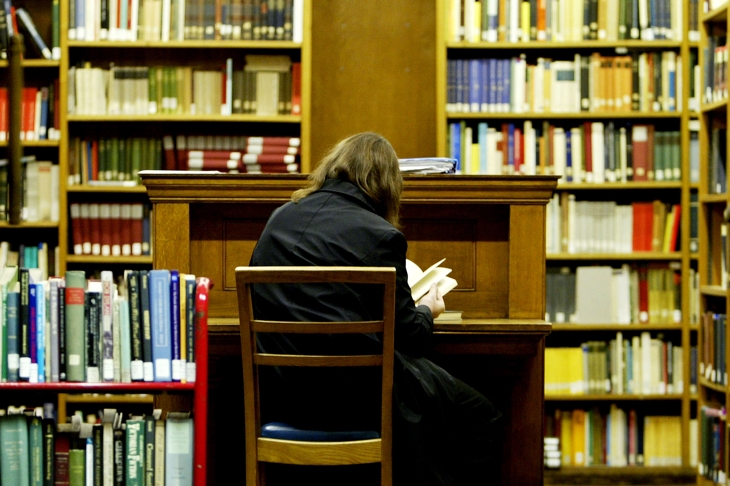The ultimate purpose of a university is, without fear or favour, to pursue the truth, and in furtherance of that ideal I try, as an historian, to go wherever the evidence leads me. That some folks – even some academic colleagues – may not feel comfortable with the end results is of absolutely no consequence. I’ve always been supported by the institutions at which I’ve worked and by the colleagues with whom I work with. But it’s now becoming clear to me that this world and these norms are under attack, and – scarcely less worrying – that they are being betrayed from within.
Consider the following two stories that emerged earlier this month:
- A psychotherapist master’s student at Bath Spa University, Mr James Caspian, has been told he cannot study cases of people who have opted to have their gender-reassignment surgery reversed because such research was “potentially ‘politically incorrect’.”
- Almost half of the editorial board of the prestigious journal Third World Quarterly [published by Taylor & Francis] has resigned following publication of an article in that journal that reportedly pointed out some of the positive aspects of colonialism; the list of these resignations includes six UK-based academics.
Of course the above summaries do no more than rough justice to the issues involved. But on digging down into the detail, the truths are even more alarming than the summaries might suggest.
In the Bath Spa case, the institution has apparently banned research not because it believes that the subject-matter was ‘politically incorrect,’ but merely because, in its view, the research had the ‘potential’ to be so. What’s more, in imposing the ban, it has sought to further justify its action by opining that the research could give rise to social-media comment that ‘may be detrimental to the reputation of the university’.
But reputation – like beauty – is in the eye of the beholder. In any case, if research that is ‘politically incorrect’ [whatever that might mean] cannot be carried out in a university, where can it be carried out?
The embarrassment in which Third World Quarterly now finds itself is all the more disturbing because in a letter to Times Higher Education [28 September] some forty protesting academics protested that they ‘do not believe that the article should have been published in any academic journal’, and that it ‘shouldn’t have got through the process of peer review’. And before anyone tries to persuade you that all the protesters are really protesting about are the inner mysteries of the peer review process, let me add that they do not hide the root cause of their anger: namely that the article [by Dr Bruce Gilley of Portland State University, USA, entitled ‘The Case for Colonialism’] constitutes ‘historical revisionism for what is a crime against humanity’ and that the arguments deployed therein contradict ‘the origins of the journal’.
I am far from asserting that academics can or should be able to say what they like, or to write what they please, without let or hindrance. The laws of the land do not stop at the university gates. These laws of course include those relating to defamation, to copyright and indeed to any and every felony. All reputable universities have ethics committees, whose job it is to ensure that all research proposals comply with relevant legislation and codes of practice, including compliance with data-protection law and laws relating to occupational health & safety. In a previous employment, as a member of one such committee, I took the view (as did all my colleagues) that an otherwise fascinating PhD proposal that appeared to us to include the possibility that jurors might be asked how they had reached their verdicts could not be approved as it stood as it clearly contravened the law protecting the secrecy of the jury room. (The proposal was modified so as to allow only for role-playing by members of the public deciding fictitious cases).
I have no problem with any of this. But what I do find unpalatable is the suppression of research and/or the suppression of research findings on blatantly political grounds, or merely to curry favour with certain outside interests.
On their website Taylor & Francis have now announced that Dr Gilley’s article has been formally ‘withdrawn’ following what the publisher describes as ‘serious and credible threats of personal violence’ received by the journal editor. In the abstract of his article, Dr Gilley wrote thus: ‘For the last 100 years, Western colonialism has had a bad name. It is high time to question this orthodoxy.’ But isn’t that precisely what the academy is about? Questioning orthodoxy? Challenging received wisdom? If not, we have indeed stumbled into a very dark place.






Comments